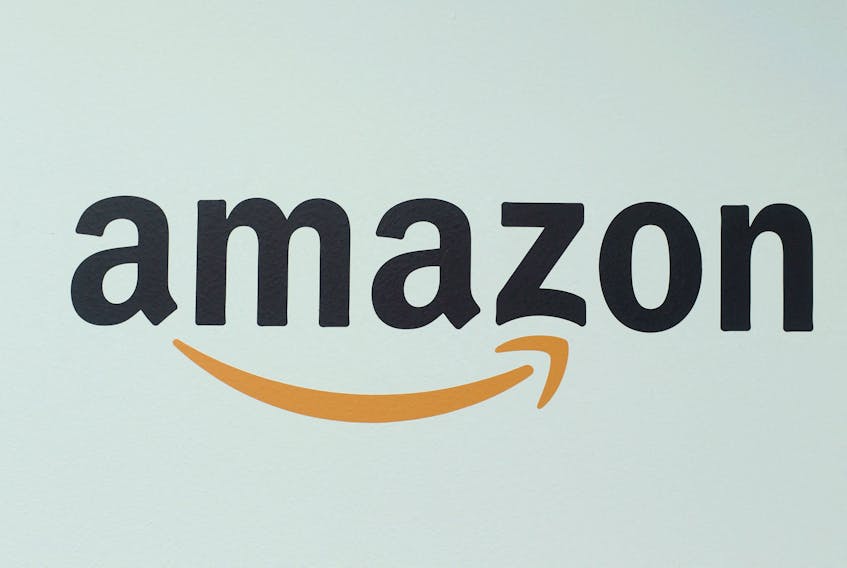Unpaid cannabis regulatory fees continue to climb in Canada

Unpaid regulatory fees owed by cannabis companies to Canada’s federal government jumped more than 200% from a year earlier, to almost 4 million Canadian dollars ($3.1 million) as of the end of March, MJBizDaily has learned.
The overdue fees have grown every year since 2019, as cannabis businesses licensed by the federal government struggle under the weight of taxes, fees, an intensely competitive market and poor business decisions.
For the 2022-23 fiscal year, the fees in arrears grew to CA$3.9 million, 225% more than the previous fiscal year’s CA$1.2 million, according to new figures shared with MJBizDaily by Health Canada.
The outstanding funds are only for the annual regulatory fee applied to licensees.
Proceeds from annual regulatory fees are used by the government to cover the costs associated with regulating the cannabis industry, such as paying hundreds of federal employees.
The annual regulatory fee generally amounts to 2.3% of a company's gross revenue.
Canada's cannabis excise tax, which is also applied to gross revenue, is separate from the annual fee.
Industry executives have criticized the government for what they say are excessive fees and taxes.
In fiscal 2021-22, for example, various levels of government collected more than CA$1.5 billion from the cannabis industry via excise tax, other taxes (such as sales taxes) and various fees.
Industrywide wholesale sales - the main source of revenue for most licensed cultivators - was only CA$3.1 billion that year.
In addition, government-owned marijuana wholesalers such as the Ontario Cannabis Store - which collectively represent the most profitable firms in Canada's cannabis industry - have applied markups of up to 45% on private marijuana companies that buy their products for retail sale. (The OCS is lowering its markup on edibles from 45% to 25%.)
Those kinds of margins, when considered with taxes and fees, leave little for private business, industry executives say.
“We’ve seen in Smiths Falls, Ontario, and Olds, Alberta, the consequences of an administration of fees and taxes which makes our industry largely unsustainable,” George Smitherman, CEO of the industry group Cannabis Council of Canada, said during a news conference in Ottawa, Ontario, earlier this year.
Smitherman was referring to 800 employees in Smiths Falls who were let go by Canopy Growth as well as 85 jobs in Olds cut by Calgary, Alberta-based producer and retailer SNDL.
“Everywhere you look, someone’s put up a fee or a regulatory barrier or burden that in the collective sense is making it impossible for our sector to make the progress that was expected and sustainable in the long run.”
The growing amount of unpaid government fees accumulated by licensed producers is no surprise to Mitchell Osak, president of Toronto-based Quanta Consulting.
“Fundamentally, LPs are overtaxed and overcharged with fees in a very hostile operating environment,” he told MJBizDaily.
‘The financial rooster may finally be coming home to roost for many of them.”
Osak suspects many companies are likely months, if not weeks, from failing.
“The LPs don't have the money to pay (the government) on time, when more mission-critical business needs like payroll are staring them in the face," he said.
"Realistically, many of these fees won't ever get paid to the government because the companies will go out of business.”
Osak said another factor might be fueling the growing amount of unpaid fees.
“Cost-cutting measures have led to the pruning of back-office staff as well as turnover,” he said.
“This has created a situation where fewer or less trained people have to do the same amount of financial management work.
“Payment delays in some companies simply comes down to accounts-payable processing or approval delays.”
Osak also said some licensed producers might be refusing to pay out of sense of grievance and anger with the government
Health Canada’s fees
Health Canada says it charges four cannabis-related fees to marijuana business license applicants and licensees to recover program costs.
Those four fees amounted to CA$75.7 million in revenue in 2021-22, according to the health department's latest annual Fees Report.
The annual fee accounted for the vast majority of all cannabis-related fees collected.
In the 2020-21 fiscal year, the annual fees amounted to CA$71.1 million, or 95% of Health Canada’s cannabis business fees.
Three of the fees are for what Health Canada calls “transactional” activities, meaning for one-time events, including:
- Application screening.
- Security clearances.
- Import/export permits.
Those fees cover a single application or permit and are nonrefundable.
Health Canada told MJBizDaily it begins work on application screenings, security clearances and import/export permits only after an invoice is paid in full.
As a result, these fees do not have arrears because they must be paid ahead of time.
“These fees are charged to recover the costs incurred by Health Canada and the Royal Canadian Mounted Police to perform the service being requested,” a spokesperson for the health department told MJBizDaily via email.
The annual regulatory fee is intended to recover the remaining costs of administering the Cannabis Act and its regulations.
The fee is invoiced each fiscal year, which runs April 1 to March 31.
The fee is required to be paid by Sept. 30.
Insolvency filings
The insolvency filings of an increasing number of cannabis companies provides clues as to how much money Canada’s federal government is missing out on in the way of taxes and fees.
In April, Canadian cannabis producer Phoena Group was granted creditor protection.
The company's list of unpaid creditors shows that it owes the Canadian government more than CA$2 million in unpaid fees and taxes.
In fact, the Canadian government was the company’s third-largest unpaid creditor, indicating that fees and taxes contribute a notable amount to cannabis businesses' costs.
At the time of its insolvency, Phoena had amassed a total debt with the Receiver General for Canada and the Canada Revenue Agency of CA$911,893 and CA$870,506, respectively.
The unpaid creditor list showed that Health Canada was owed CA$95,799.
Trichome Financial Corp. also owed the Canadian government millions of dollars in unpaid fees and taxes when it obtained creditor protection late last year.
The unpaid creditor list showed the Canada Revenue Agency was owed CA$7.7 million and Health Canada was owed approximately CA$443,000.
When The Flowr Corp., another cannabis company, filed for creditor protection, its second largest debt was to the Canadian government via the Receiver General for Canada (CA$781,994).
Health Canada was owed $1,886.
Matt Lamers can be reached at matt.lamers@mjbizdaily.com.













